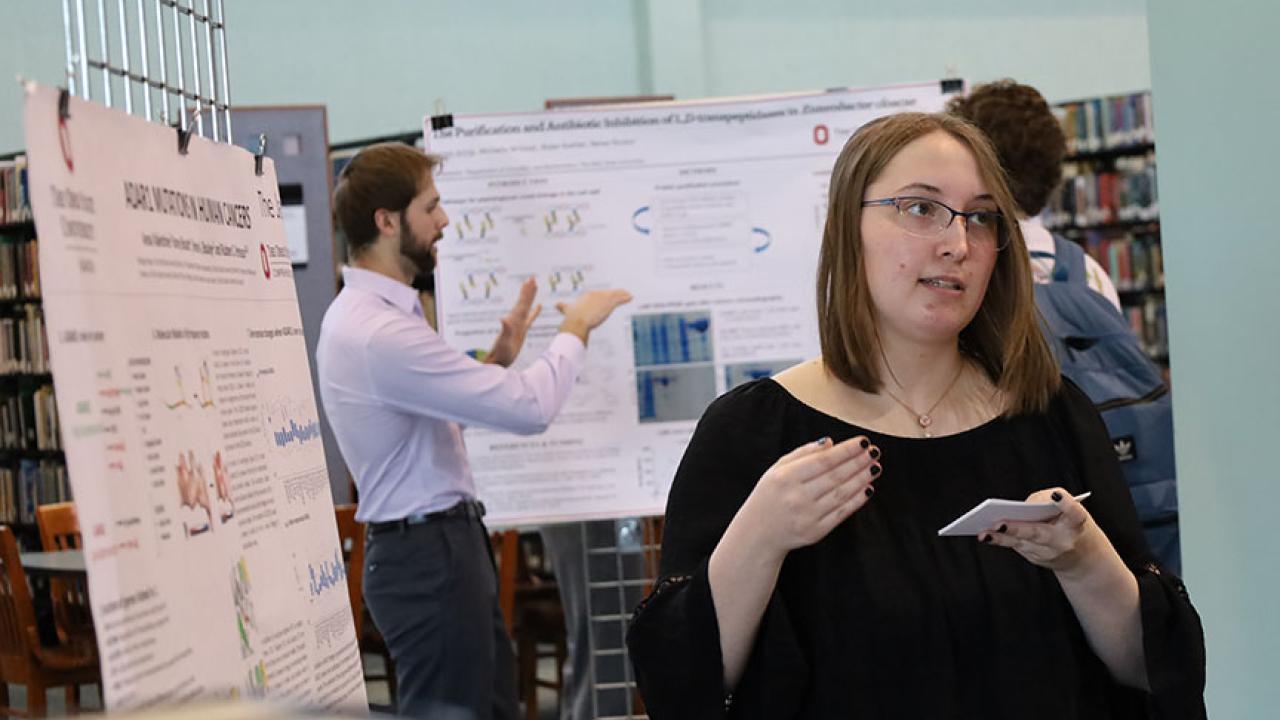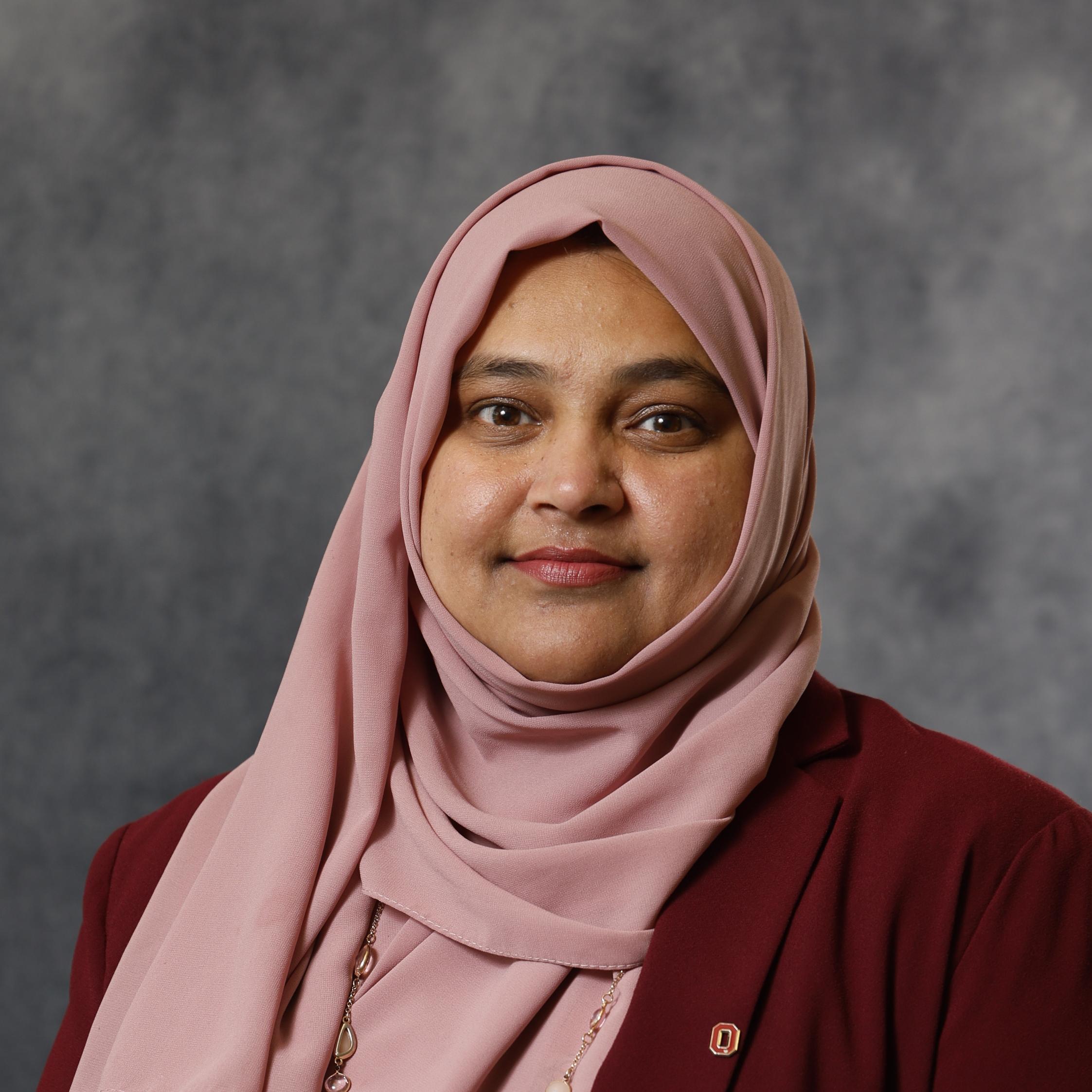Ohio State Marion Clinical Assistant Professor of Engineering, Qudsia Tahmina believes students can not only explore what the campus has to offer in a traditional classroom setting but go beyond their coursework.
“That’s why I have my students work on those independent projects where they take the skills and knowledge from the course and then use it or adapt it to applications beyond the coursework,” she said.
“Like independent projects,” said Tahmina, projects that are not only going to benefit them in the future but also benefit our campus and students coming into summer camps might learn what engineering has to offer them and then make informed decisions about their career in the future,” she added.
Wesley Bush, a biology major from Mt. Gilead, Ohio that recently won a $14k research fellowship from Ohio State for his work in cancer research shared that he was pleasantly surprised to have opportunities like this.
Referring to undergraduate research Bush said, “I think this is a great thing to do because this is real work. This is real research and gives you an accurate view into what this kind of career is like and that’s very important because a lot of people even in college are not sure what they want to do with their lives.”
Research at Ohio State Marion and Ohio State’s other campuses across the state is not just confined to STEM fields. English major Sarah Holbrook said she has learned skills through her research that can help advance her educational and future career.
“Taking part in undergrad research, I feel so much more confident in being able to tackle law school assignments now that I’ve written this huge paper. I know I can do it now and it’s just a matter of using the skills that I learned in undergrad and applying them to the law,” she said.
Sarah Smith, a psychology major and student researcher echoed Holbrook’s sentiments.
“I think what I’ve really learned from doing undergraduate research is that it’s given me a lot of good skills and helped me with presenting information while also diving into previous research,” she said.
“I’ve learned a lot about how experiment formatting happens and that was important to me when I started doing it. I wanted to learn for future careers how to dive into information and what I can take from it and then how I can apply it to other situations,” said Smith.
Holbrook said, “I think that in a lot of fields just being able to write and being able to get my point across is vitally important no matter if I’m going into law or medicine, or if I’m just trying to get a sales job or something like that.”
“I think it’s really important that you get this strong sense of being able to communicate,” she said. “I think that’s the most important thing you can get from it is just knowing how to get your point across and knowing how to be persuasive because you need to be persuasive. You need to convince people to see your side in so many aspects of life.”
Smith shared that from a psychology standpoint, she has learned to have a greater understanding of people and to always take an empathic approach to people.
“I think that’s a valuable skill I’ve gotten from psychology,” Smith said.


